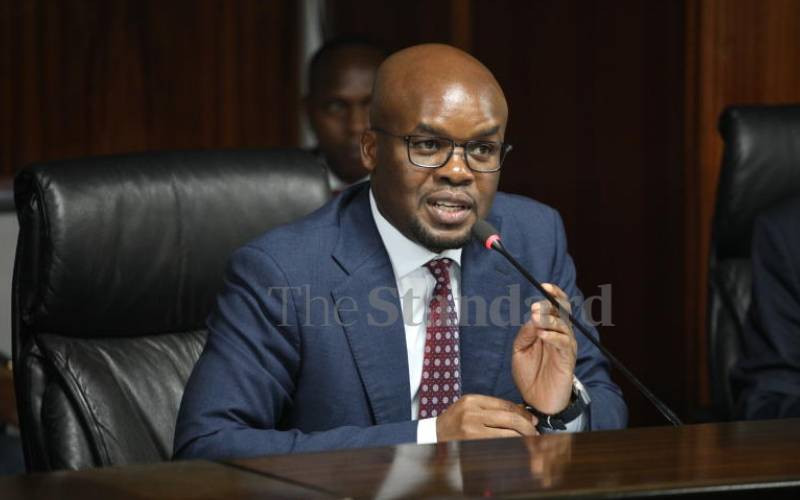×
The Standard e-Paper
Kenya’s Boldest Voice

The national government has moved to allay fears that operations of small businesses will be affected should Parliament approve the Computer Misuse and Cybercrimes (Critical Information Infrastructure and Cybercrimes Management) Regulations 2024.
Interior Principal Secretary Raymond Omollo who appeared before the National Assembly Delegated Legislation Committee at Parliament Building, Nairobi, Tuesday, explained that the new regulations are geared towards ensuring businesses operate without fear of cyber attacks.